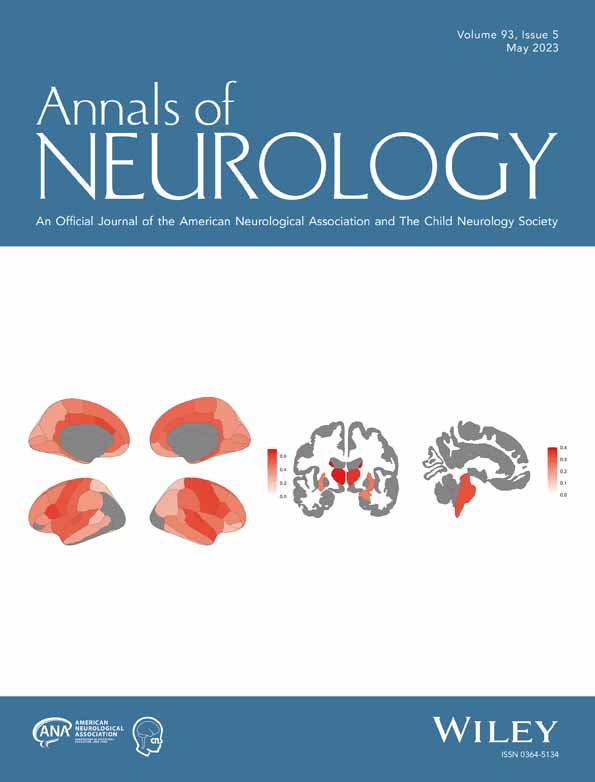The Benefit of a Complete over a Successful Reperfusion Decreases with Time
Drs Maïer and Finitsis contributed equally.
Prof Gory and Olivot contributed equally.
Abstract
Objective
Time from stroke onset to reperfusion (TSOR) is strongly associated with outcomes after endovascular treatment. A near-to-complete or complete reperfusion (modified Treatment in Cerebral Ischemia [mTICI] 2c–3) is associated with improved outcomes compared with a successful reperfusion (mTICI 2b). However, it is unknown whether this association remains stable as TSOR increases. Therefore, we sought to investigate the association between TSOR and outcomes according to the reperfusion status.
Methods
We analyzed data from the Endovascular Treatment in Ischemic Stroke registry, a prospective, observational, multicentric study of acute ischemic stroke patients treated with endovascular treatment in 21 centers in France. We included patients with anterior occlusions (M1, internal carotid artery, tandem), with a known time of symptom onset. Outcomes were early neurological improvement at 24 hours and favorable outcome (modified Rankin Scale between 0 and 2) at 90 days.
Results
Overall, 4,444 patients were analyzed. Compared with a mTICI 2b, a mTICI 2c-3 at 1 hour was associated with higher mean marginal probabilities of early neurological improvement (25.6%, 95% CI 11.7–39.5, p = 0.0003) and favorable outcome (15.2%, 95% CI 3.0–27.4, p = 0.0143), and progressively declined with TSOR. The benefit of a mTICI 2c-3 over a mTICI 2b was no longer significant regarding the rates of early neurological improvement and favorable outcome after a TSOR of 414 and 344 minutes, respectively.
Interpretation
The prognostic value of a complete over a successful reperfusion progressively declined with time, and no difference regarding the rates of favorable outcome was observed between a complete and successful reperfusion beyond 5.7 hours. ANN NEUROL 2023;93:934–941
Potential Conflict Of Interest
J.M.O. declares consulting activities with Abbvie, Acticor, and Bioxodes; speaking fees from BMS and Boerhinger Ingelheim. S.F. is the author of a patent (US20200085454A1). B.M. declares a grant from the French Health Ministry and is the primary investigator of the DETERMINE trial. B.G. has received grants from the French Ministry of Health, is the primary investigator of the TITAN, DIRECT ANGIO, and IA-RESCUE trial, and has received consulting fees from Air Liquide, MIVI, Medtronic, Microvention, and Penumbra. M.M. declares consulting fees from Boerhinger Ingelheim, Air Liquide, Acticor Biotech, and Amgen. S.R. declares contracts from Boerhinger Ingelheim France, Bristol-Myers Squibb, and Pfizer SAS.
Open Research
Data Availability Statement
The data that support the findings of this study are available from the corresponding author, upon reasonable request.




